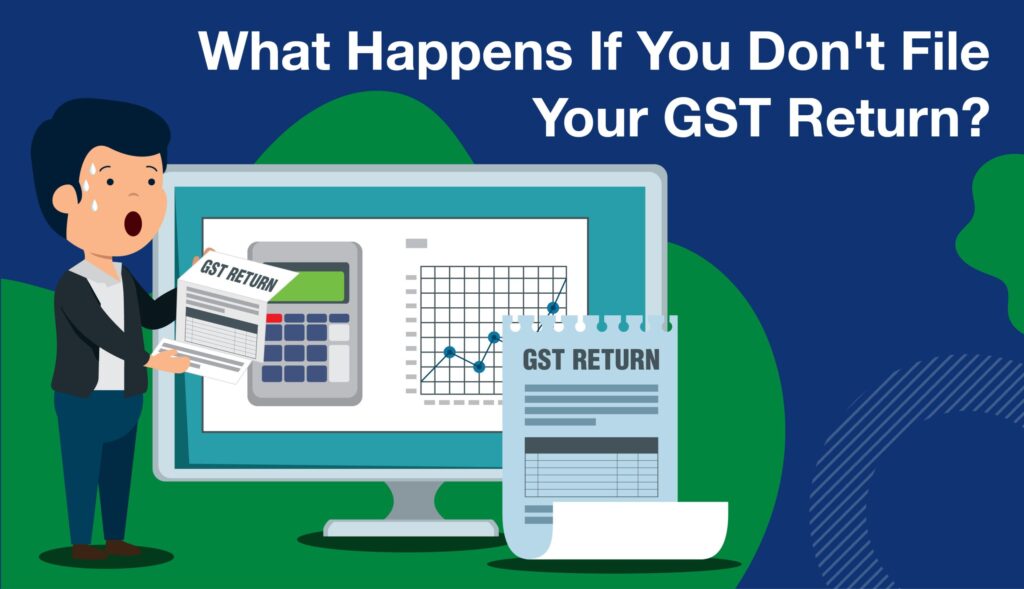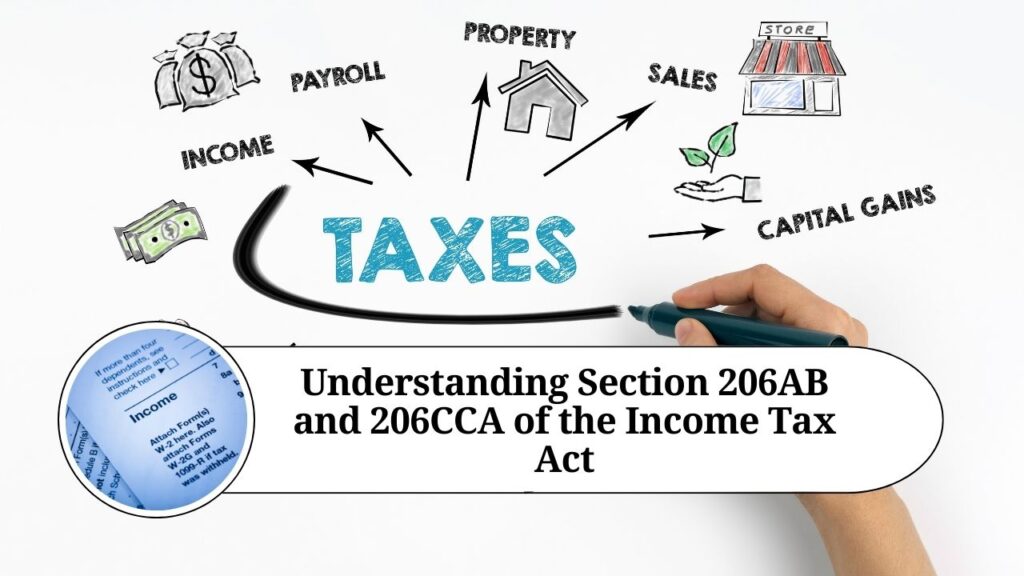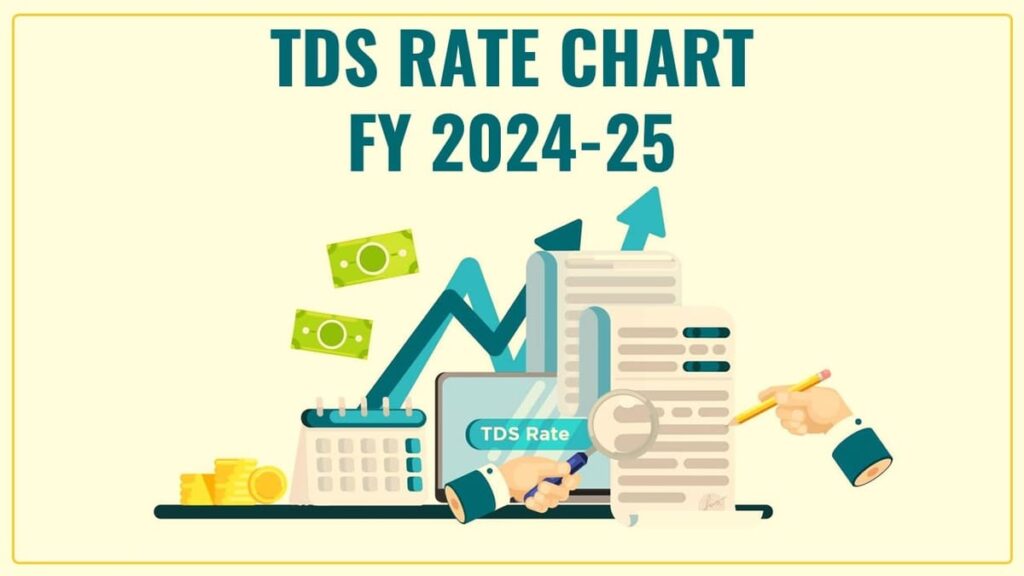The Implications of Not Filing GST Returns for 6 Months | 2024

In the realm of business taxation, Goods and Services Tax (GST) has revolutionized the tax structure in many economies, including India, streamlining the tax regime and increasing compliance. However, businesses sometimes face challenges that lead to delayed GST return filings. If you find yourself in a situation where your GST returns have not been filed for six months, it’s crucial to understand the consequences and the corrective measures you can take. Let’s explore the implications and solutions.
The Consequences of Non-Compliance
GST regulations mandate regular return filings to maintain transparency and regularity in tax administration. Failing to file your GST returns for a continuous period of six months can have several repercussions:
- Penalties and Interest: For each day of delay, there is a penalty of INR 50 (INR 20 for nil returns) and an interest charge of 18% per annum calculated on the tax due.
- Blocked Input Tax Credit: One of the cornerstones of GST is the seamless flow of input tax credit (ITC). Non-filing can lead to the blocking of ITC for both the defaulter and the businesses associated with them, affecting the entire supply chain.
- Suspension of GST Registration: Persistent non-compliance may lead to the suspension and eventually cancellation of GST registration. This can halt all business operations that are dependent on the GSTIN.
- Legal Action: In extreme cases, consistent non-filing may draw legal action, which could include hefty fines or even imprisonment.
The Path to Rectification: If you have missed filing your GST returns for the past six months, it’s essential to act swiftly to mitigate the impact.
- Immediate Filing: The first step is to file all due returns immediately. This stops the further accrual of penalties and interest.
- Consult a Tax Professional: Understanding the intricacies of the GST law can be daunting. Consulting a tax professional can help navigate the process and ensure that you are compliant moving forward.
- Payment Plan: If you are facing financial constraints, reach out to the tax authorities to discuss a possible payment plan for the penalties and interest accrued.
- Regular Compliance: Once you have addressed the backlog, establish a system for regular compliance to prevent future lapses.
Conclusion
Non-filing of GST returns for a period as long as six months is a serious offense that can lead to significant financial and legal consequences. However, it is never too late to correct the course. By understanding the implications and taking decisive action, businesses can recover from this setback. Remember, consistent compliance is not just a regulatory requirement but also a marker of a responsible and sustainable business.







